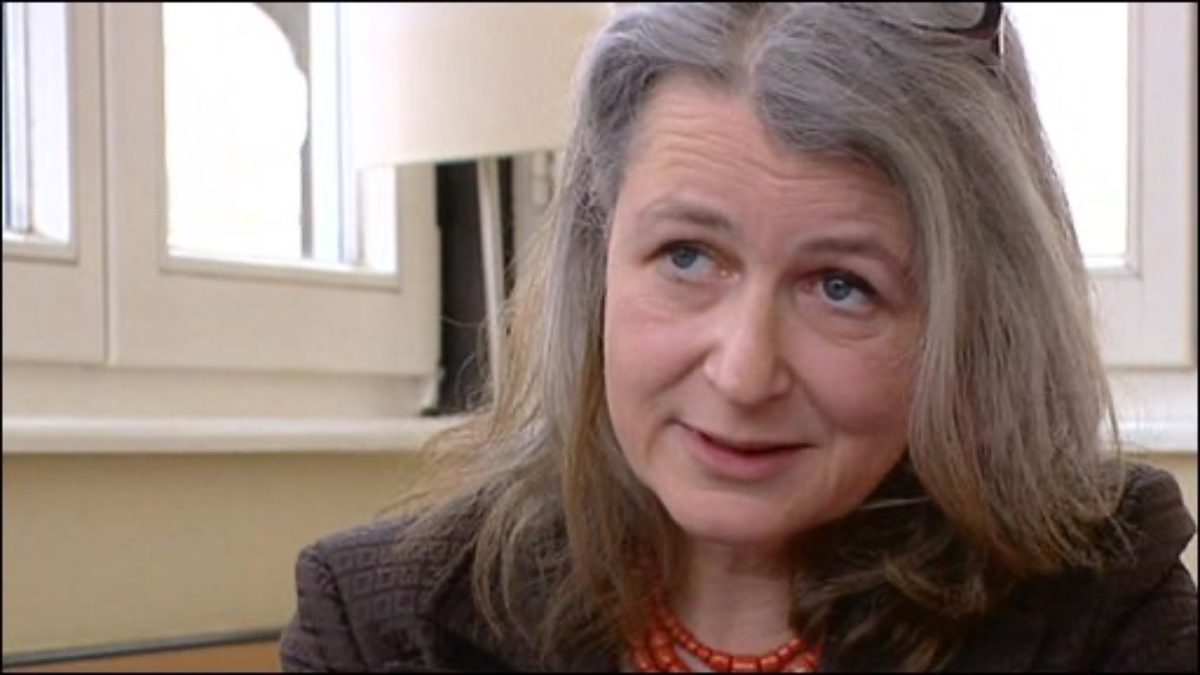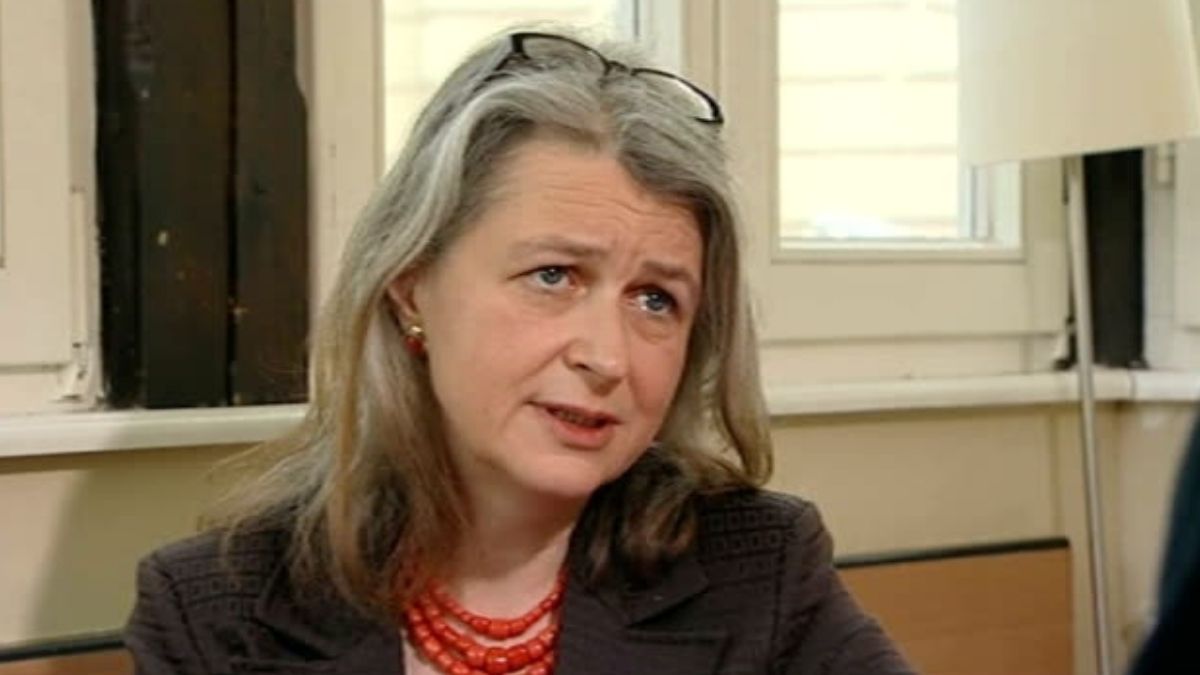Elisabeth Fritzl's story continues to captivate the world, even years after her harrowing ordeal came to light. Her journey from a victim of unimaginable abuse to a symbol of strength and resilience is a testament to the human spirit's ability to overcome adversity. Today, Elisabeth Fritzl remains a focal point of discussions about survival, justice, and the importance of mental health support for victims of trauma.
When her story broke in 2008, it shocked the world. Elisabeth Fritzl was held captive by her father for 24 years in an underground cellar, enduring unimaginable horrors. Her story became a global sensation, not just because of the severity of the abuse but also because of her incredible strength in the face of such adversity. This article will delve into Elisabeth's life, her current status, and the lessons we can learn from her journey.
In this article, we will explore Elisabeth Fritzl today, focusing on her life after the ordeal, the support systems in place for her recovery, and her ongoing fight for justice. Through this exploration, we hope to shed light on the importance of understanding and supporting victims of trauma, ensuring they receive the care and resources they need to rebuild their lives.
Read also:Unveiling The Significance Of Chinese Year 1991 A Journey Through Time
Table of Contents
- Biography of Elisabeth Fritzl
- Early Life
- The Ordeal
- Discovery and Rescue
- Legal Battle and Justice
- Recovery and Rehabilitation
- Support System and Mental Health
- Elisabeth Fritzl Today
- Lessons from Elisabeth's Story
- Conclusion
Biography of Elisabeth Fritzl
Early Life
Elisabeth Fritzl was born on April 22, 1974, in Amstetten, Austria. She grew up in a seemingly ordinary household with her parents, Josef and Rosalie Fritzl. However, beneath the surface lay a dark secret that would later unravel her entire life. Elisabeth's childhood was marked by the strict and controlling nature of her father, Josef, who would eventually become her captor.
Below is a summary of Elisabeth's personal information:
| Full Name | Elisabeth Fritzl |
|---|---|
| Date of Birth | April 22, 1974 |
| Place of Birth | Amstetten, Austria |
| Occupation | Former Captive, Advocate for Victims' Rights |
| Family | Parents: Josef and Rosalie Fritzl |
The Ordeal
The Captivity
Elisabeth's nightmare began on February 21, 1984, when she was just 18 years old. Her father, Josef Fritzl, lured her into the basement of their home, claiming there was an electrical issue that needed fixing. Once inside, he locked her in a specially constructed underground cellar, where she would remain for the next 24 years. During this time, Elisabeth endured physical, emotional, and sexual abuse at the hands of her captor.
Key aspects of her captivity include:
- Complete isolation from the outside world.
- No contact with family members or friends.
- Forced to bear seven children with her father.
Discovery and Rescue
The Rescue
Elisabeth's captivity came to an end in April 2008 when one of her children fell ill and required medical attention. Josef Fritzl, fearing exposure, sought medical help for the child, claiming he had found the baby abandoned. This raised suspicions among authorities, leading to an investigation that ultimately uncovered Elisabeth's location. A team of police officers and paramedics rescued her, bringing her ordeal to light.
Legal Battle and Justice
The Trial
Josef Fritzl was arrested shortly after Elisabeth's rescue and faced charges of kidnapping, rape, and incest. His trial, which took place in 2009, was one of the most high-profile cases in Austrian history. Fritzl pleaded guilty to all charges and was sentenced to life imprisonment without the possibility of parole. This verdict brought a sense of justice to Elisabeth and her children, although the scars of their trauma remain.
Read also:Monica Geller Real Name Unveiling The Iconic Character Behind The Scenes
Data from the trial highlights the severity of the crimes:
- Josef Fritzl confessed to raping Elisabeth over 3,000 times.
- He was ordered to pay €460,000 in compensation to Elisabeth and her children.
Recovery and Rehabilitation
Therapy and Counseling
After her rescue, Elisabeth began a long and challenging journey toward recovery. She and her children received extensive therapy and counseling to help them process the trauma they endured. Mental health professionals played a crucial role in their rehabilitation, providing the support needed to rebuild their lives.
According to mental health experts, recovery from such trauma involves:
- Building trust with therapists and support networks.
- Learning coping mechanisms to manage triggers and flashbacks.
- Reintegrating into society at a pace that feels safe and comfortable.
Support System and Mental Health
Community and Institutional Support
Elisabeth's recovery was supported by a network of professionals, including psychologists, social workers, and legal advocates. The Austrian government also provided resources to ensure her and her children's well-being. This comprehensive support system is essential for victims of severe trauma, emphasizing the importance of community involvement in the healing process.
Elisabeth Fritzl Today
Life After the Ordeal
Today, Elisabeth Fritzl lives a quiet life, largely away from the public eye. She resides in a secure location with her children, focusing on their well-being and education. While she rarely gives interviews, her story continues to inspire millions around the world. Elisabeth's resilience serves as a powerful reminder of the strength of the human spirit.
According to recent reports:
- Elisabeth and her children have been living in a protected environment since 2008.
- She remains committed to advocating for victims' rights and raising awareness about domestic abuse.
Lessons from Elisabeth's Story
Raising Awareness
Elisabeth Fritzl's story highlights the importance of recognizing and addressing domestic abuse. It underscores the need for robust legal frameworks, mental health support, and community involvement to protect victims and hold perpetrators accountable. Her journey also emphasizes the significance of resilience, hope, and the power of the human spirit to overcome even the darkest moments.
Conclusion
Elisabeth Fritzl's story is one of unimaginable suffering and remarkable resilience. From her captivity to her current life, she has shown the world the strength it takes to rebuild after trauma. Today, Elisabeth continues to inspire others, advocating for victims' rights and raising awareness about domestic abuse.
We encourage readers to reflect on Elisabeth's journey and consider how they can contribute to creating a safer, more supportive world for victims of abuse. If you found this article informative, please share it with others and explore more content on our website. Together, we can make a difference in the lives of those who have faced similar challenges.
References:
- https://www.bbc.com/news/world-europe-10199212
- https://www.theguardian.com/world/2008/apr/27/austria.crime
- https://www.psychologytoday.com/us/blog/

